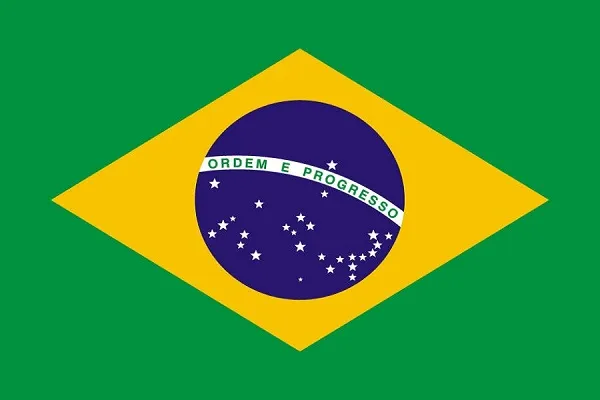Approved the Regulatory Framework for the Carbon Market in Brazil: A decisive step towards a sustainable future
On Wednesday, the Senate approved the revised version of Bill 182/2024, establishing the Brazilian Emissions Trading System (SBCE). This move marks the official regulation of Brazil’s carbon market, a long-awaited step for sustainability experts, government bodies, and companies alike. The bill now returns to the House of Representatives for further review, at a pivotal moment for Brazil to assume a leading role in the global climate agenda.
Carbon market regulation is more than just a legislative measure: it is an opportunity for Brazil to align its environmental practices with global standards. Many countries already have well-established emissions trading systems. The European Union, for example, has operated the world’s largest regulated carbon market since 2005 with its Emissions Trading System (ETS), which is considered a cornerstone of its climate policy. Canada, China, and the United States also have national or regional mechanisms that regulate emissions, encouraging companies to reduce their environmental impact while creating business opportunities.
These markets help reduce emissions on a large scale and drive economic transformation, attracting investments and fostering the adoption of cleaner technologies. In Brazil, the establishment of the SBCE has the potential to position the country as a leader in the green economy, integrating it into the global dynamic.
Why is the Regulatory Framework so Important?
Currently, Brazil operates largely within a voluntary carbon market, which, while significant, lacks the standardization, transparency, and security that a regulated market can provide. The B4 has indicated in recent months that most existing projects in Brazil are not genuinely prepared to issue carbon credits, often due to issues like fraud, lack of documentation, and insufficient project or technical knowledge. This regulatory framework thus lays the groundwork for:
1️⃣ Trust and predictability: By setting clear standards for carbon credit issuance, transactions, and use, the regulatory framework provides legal security for investors and companies.
2️⃣ Innovation incentive: Like other regulated markets, the SBCE can drive the adoption of technologies that reduce emissions, promoting industrial and agricultural modernization.
3️⃣ Support for the Paris Agreement: Brazil has committed to reducing emissions by 50% by 2030 and reaching net-zero by 2050. A structured market is essential to meet these targets.
4️⃣ International competitiveness: Measures such as the EU’s Carbon Border Adjustment Mechanism (CBAM), which penalizes exports from countries with lower environmental standards, make it urgent for Brazil to adopt regulated mechanisms to protect its exports.
Additionally, Brazil has unique competitive advantages, such as its biodiversity, forest regeneration potential, and a clean energy matrix. This positions Brazil as a natural leader in producing high-quality carbon credits, but only a regulated market can ensure the transparency and additionality of these assets.
B4’s Position
At B4, we celebrate this development as an essential step to solidify the carbon market in Brazil. Regulation is indispensable to ensuring security, transparency, and additionality in sector operations, allowing environmental and financial benefits to be fairly distributed across society.
However, the work does not end here. It is essential that the debate in the House be guided by technical criteria and international best practices, avoiding ideologies or interests that could compromise the effectiveness of the legislation.
Now is the Time for Companies to Act
The regulation brings opportunities but also responsibilities. It is not enough to simply offset emissions; it is necessary to adopt practices that reduce impacts at the source. Companies must view this challenge as strategic, aligning their operations with global sustainability targets.
Offsetting is not sufficient. It is essential to:
1️⃣ Invest in technologies that minimize emissions.
2️⃣ Transform production chains to make them more sustainable.
3️⃣ Ensure a positive impact on society and the environment.
The success of Brazil’s carbon market depends on collaboration across all sectors. Regulation is progress, but real change occurs when companies, governments, and citizens commit actively to the planet’s future.
B4’s Role in Transformation
At B4, we believe that carbon offsetting must be accompanied by initiatives that promote actual emissions reductions and generate positive impacts for society. We offer solutions such as blockchain-based traceability and technical support for sustainable projects, with a commitment to driving genuine transformation towards Net Zero.
We hope that this regulation will inspire more companies to take action, adopting practical, collaborative approaches so that, together, we can create a more sustainable future.








